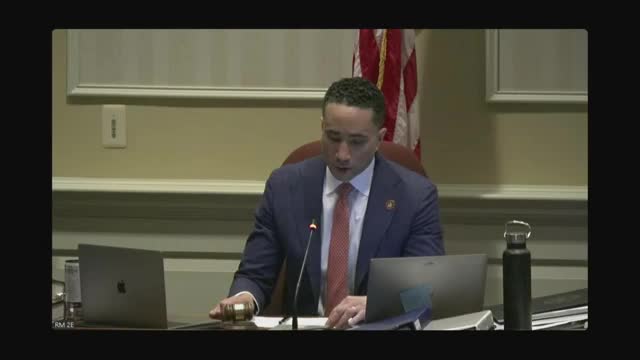Article not found
This article is no longer available. But don't worry—we've gathered other articles that discuss the same topic.
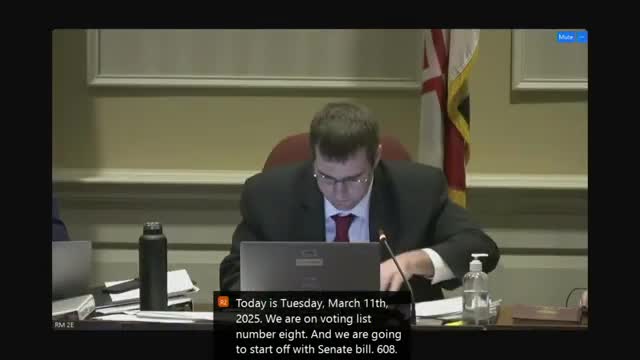
Committee reviews changes to state U‑visa certification process to align with federal guidance
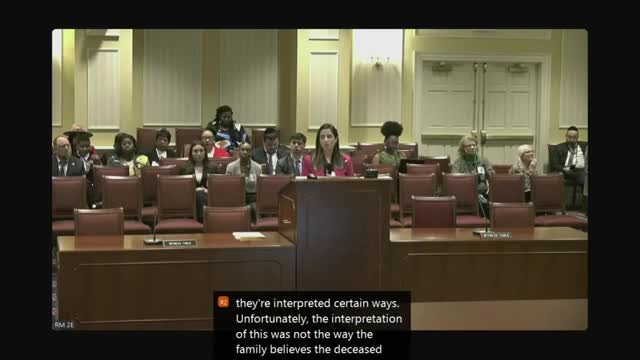
Committee considers 'Granny's Law' to let family evidence guide interpretation of wills in narrow health‑equity cases
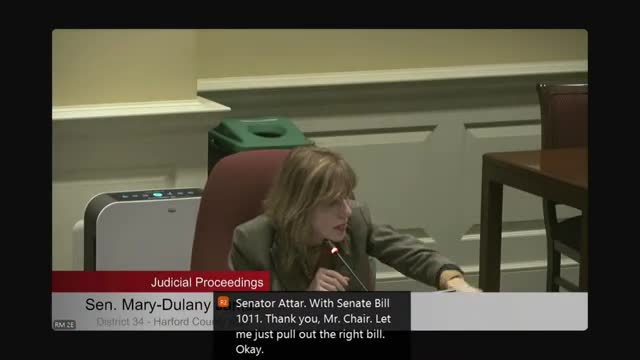
Senate committee weighs funding help and new rules for condominium reserve funds; study and statutory changes debated
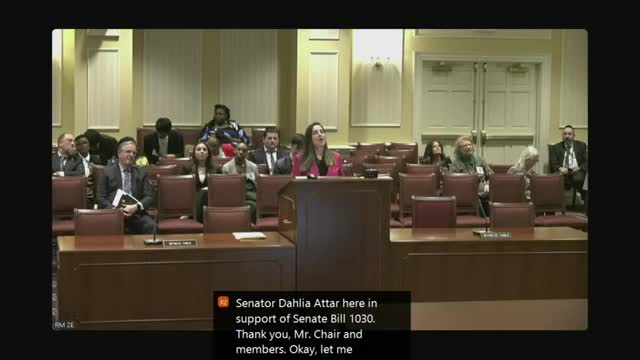
Committee hears bill to formalize limited emergency lighting for volunteer EMS groups in Baltimore area
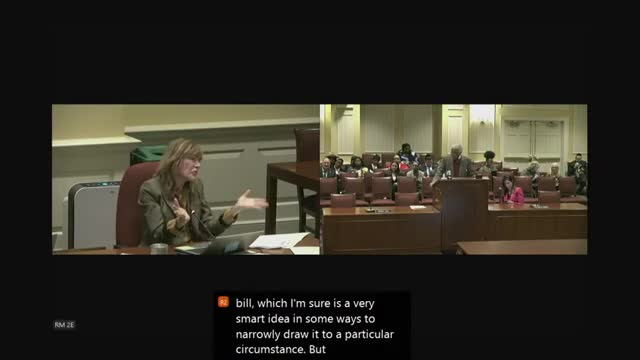
Sponsor pushes stiffer penalty for leaving loaded firearms accessible to minors after high‑profile cases
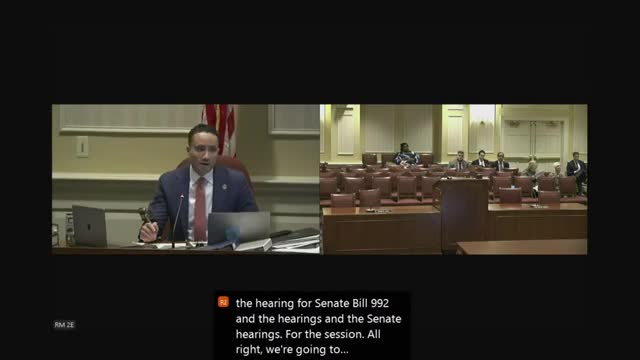
Votes at a glance: Judicial Proceedings Committee advances housing, business and procedural bills (March 11, 2025)
